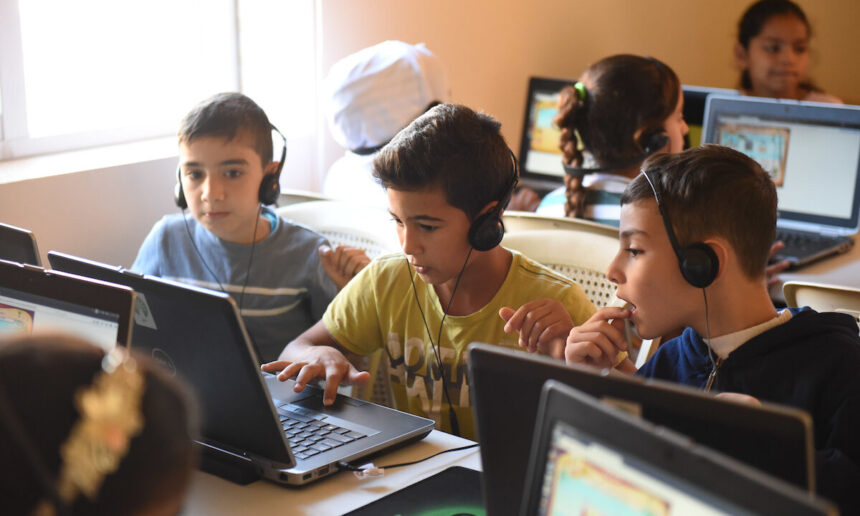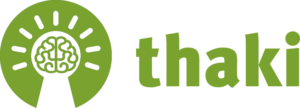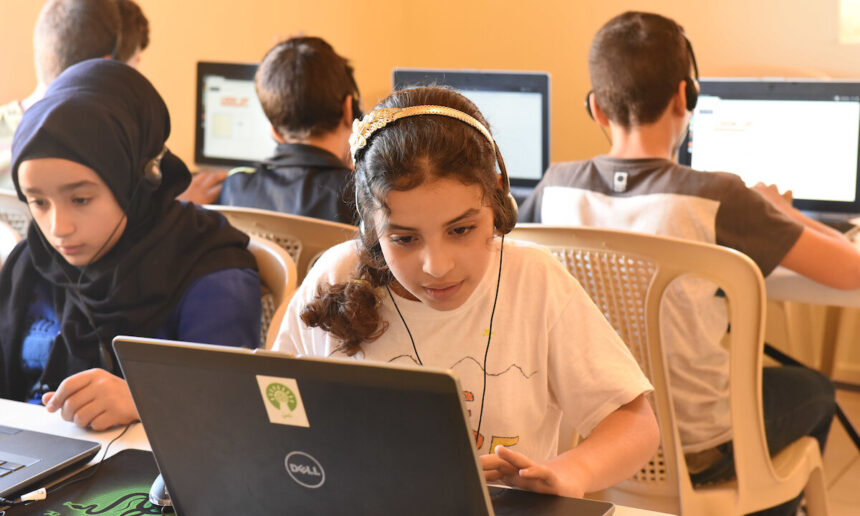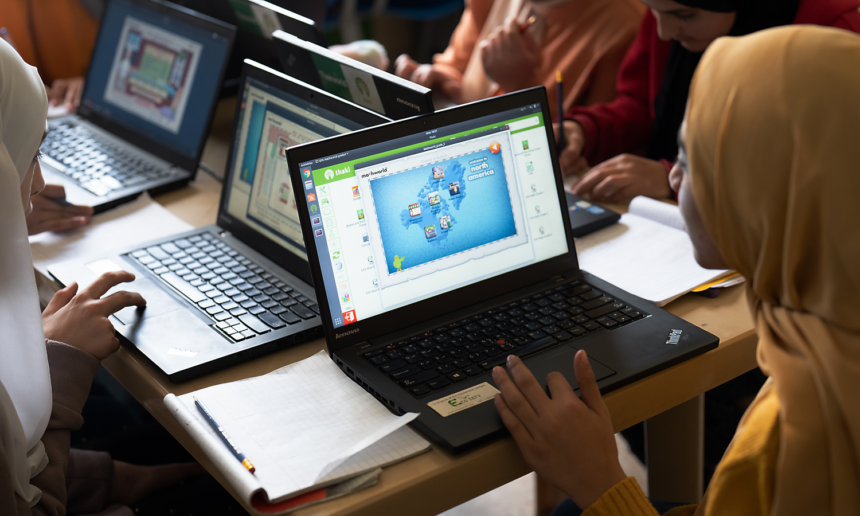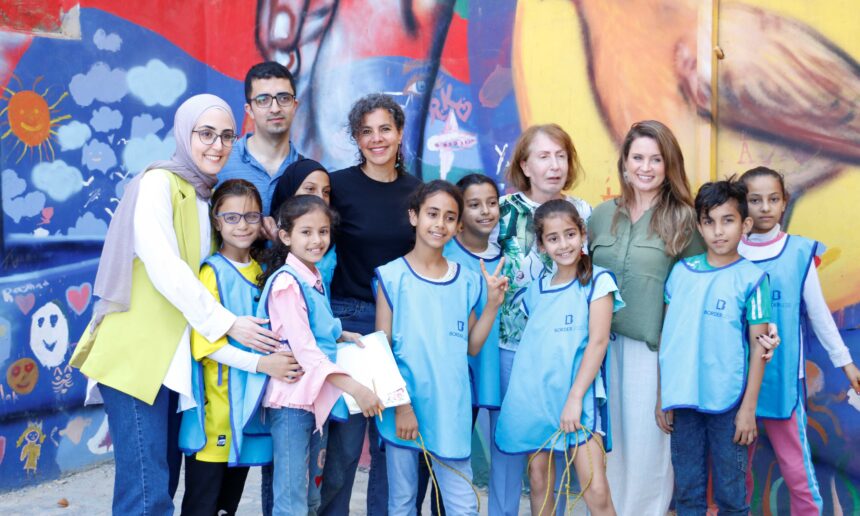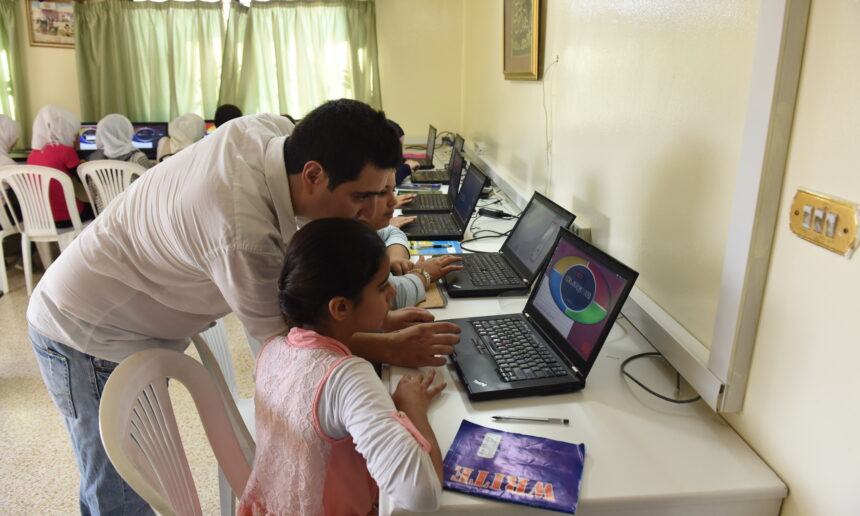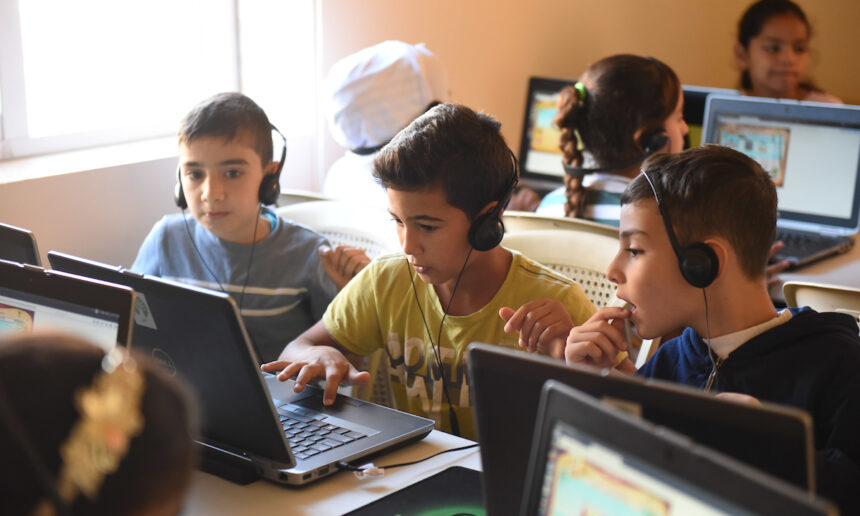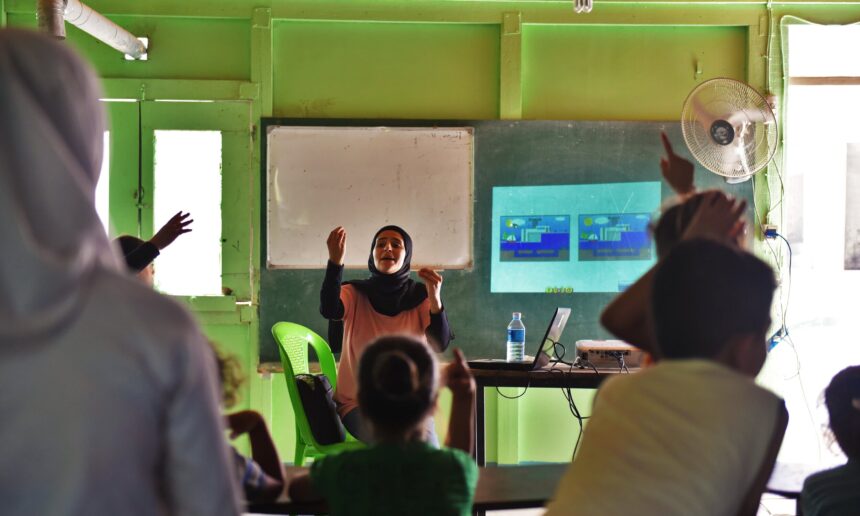Photo credit: © Thaki
Taking in more refugees than any other country
With just about 5.5 million inhabitants, Lebanon is a small country. Taking this size, it’s absolutely astonishing how many refugees Lebanon has taken in — let alone 1.5 million since the outbreak of the Syrian conflict in 2011. Per capita, that’s more than any other country in the world.
Moreover, the country is still suffering from older refugee inflows, some of which date back very far but are still unresolved. This applies in particular for the many people who came to Lebanon from Palestine after the Nakba and when the state of Israel was founded in 1948 or after 1967 Arab-Israeli War — estimated at about 450,000 including their descendants. They are still considered stateless Palestinian refugees, with limited rights or access to school. Today, over a quarter of the Lebanese population is on the run since the bombardment by the Israeli armed forces on Lebanese territory. All in all, an extremely challenging situation.
Rudayna Abdo knows the background from her own family. She herself was fortunate to study in the USA and Canada and start an international career as an urban planner. With the beginning of the Syrian conflict, she made a 180-degree turn and founded the non-profit organization Thaki. The goal: to empower children and youth from refugee and vulnerable children in Lebanon and other countries in the Middle East by giving them access to education. They suffer most from the conflicts, and without school education their situation will unlikely change in the future.
Thaki develops innovative educational partnerships based on donated hardware
The model works as follows: Companies donate their second-hand electronic devices (mostly laptops). Thaki loads them with fun, interactive offline learning content which is specifically designed for the target groups. Special attention is given to strengthening the psycho-social health of children, as many of them are traumatized. Thaki distribute them to its education partners in the Middle East. They go on to have a second life of high impact giving children in vulnerable circumstances an education they may otherwise have missed out on. With the pre-installed edtech software, Thaki solves the problem of limited internet access on-site. The programs all work offline.
Thaki has already been able to provide more than 6,000 laptops, reaching more than 33,000 children and youth. Plans for the future are ambitious and include deepening in existing countries and expanding to new ones in the Middle East. And as soon as it is possible, the program might be extended to Gaza and Palestine where the need is enormous.
Project evaluation
Give us feedback!
How do you like the project? Answer two brief questions and provide us with an instant feedback!
Create your own evaluation with the GOOD Scorecard!
By filling out our online scorecard, you provide us with valuable feedback. You can also download the scorecard and evaluate any any project of your choice.
Contribution to the 17 Global Goals
Quality Education
Targeted digital education programs for refugee children
Peace, Justice and Strong Institutions
Strengthening the educational landscape in refugee areas
Partnerships for the Goals
Building partnerships to provide access to education where the government does not.
Gender Equality
Access to education in particular for girls
Responsible Consumption and Production
Refurbishment of donated laptops increase the lifetime of the hardware
Video
Images
©Thaki / Theirworld, Adrian Hartrick


